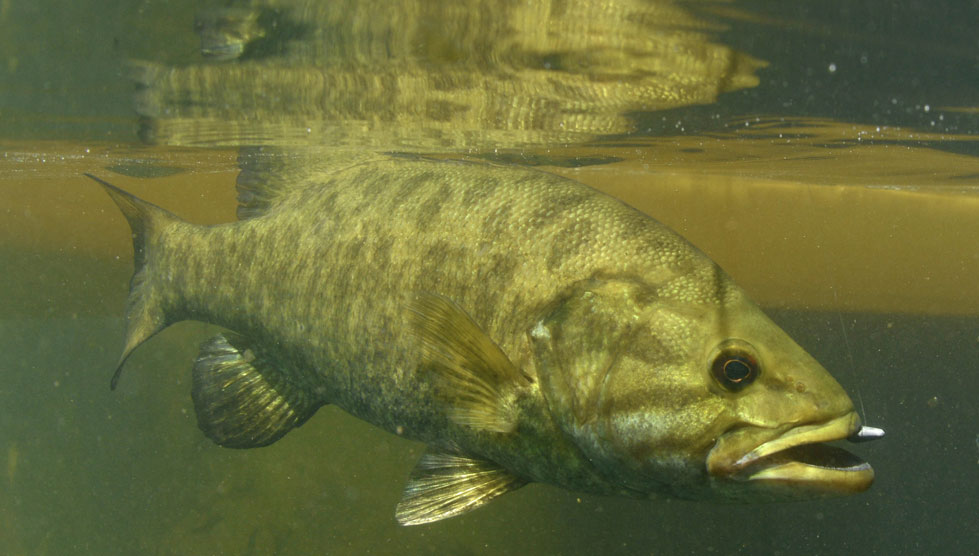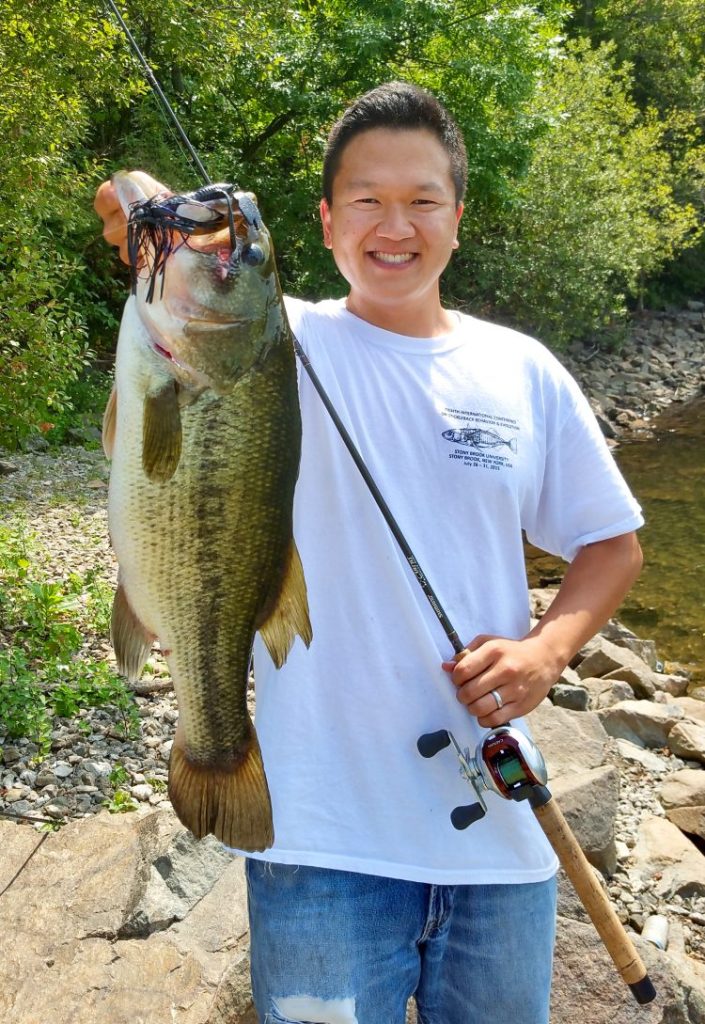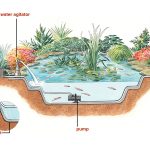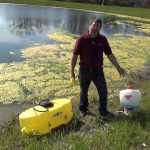When it comes to bass living in a pond, there are several factors that can influence their lifespan. Bass are a popular sport fish, known for their aggressive feeding habits and strong fighting ability. Understanding how long bass can live in a pond is essential for pond owners and anglers alike. Let’s explore the factors that affect the lifespan of bass in a pond.
1. Habitat Quality
The quality of the habitat plays a significant role in determining how long bass can live in a pond. Bass thrive in ponds with clean water, abundant vegetation, and suitable water temperature. A well-maintained pond with a healthy ecosystem can support bass populations for many years.
2. Food Availability
Food availability is another crucial factor that impacts the lifespan of bass in a pond. Bass are opportunistic feeders and require an adequate supply of prey fish, insects, and other food sources to thrive. Ponds with a healthy food chain can sustain bass populations and promote longevity.
3. Predation
Predation is a natural threat to bass living in a pond. Larger bass, birds, turtles, and other predators can impact the bass population and reduce their lifespan. Managing predator populations and providing adequate shelter for bass can help mitigate the effects of predation.
4. Water Quality
The quality of the water in the pond is critical for the health and survival of bass. Poor water quality, such as high levels of pollutants or low oxygen levels, can stress the bass and shorten their lifespan. Regular water testing and maintenance are essential for ensuring optimal water quality for bass.
5. Disease and Parasites
Disease and parasites can also affect the lifespan of bass in a pond. Bacterial infections, parasites, and other illnesses can weaken the bass and make them more susceptible to predation and other threats. Monitoring the health of the bass and taking preventative measures can help reduce the impact of diseases.
6. Fishing Pressure
Fishing pressure is another factor that can influence the lifespan of bass in a pond. Overfishing can deplete the bass population and reduce the average lifespan of individual bass. Implementing sustainable fishing practices, such as catch and release, can help maintain a healthy bass population in the pond.
7. Size and Age of Bass
The size and age of the bass can also impact their lifespan in a pond. Larger, older bass tend to be more resilient and have a better chance of surviving in the pond compared to younger, smaller bass. Providing suitable habitat and food sources can help bass grow and reach their full potential lifespan.
8. Environmental Factors
Environmental factors, such as extreme weather events, droughts, and pollution, can also affect the lifespan of bass in a pond. Bass are sensitive to changes in their environment and may struggle to survive in adverse conditions. Implementing measures to protect the pond from environmental threats can help ensure the longevity of the bass population.

Credit: www.mossyoak.com

Credit: www.onthewater.com
Conclusion
In conclusion, the lifespan of bass in a pond is influenced by a variety of factors, including habitat quality, food availability, predation, water quality, disease, fishing pressure, bass size and age, and environmental factors. By understanding and addressing these factors, pond owners and anglers can help promote the health and longevity of bass populations in their ponds. Taking proactive measures to create a balanced ecosystem and sustainable fishing practices can contribute to the success of bass living in a pond.




